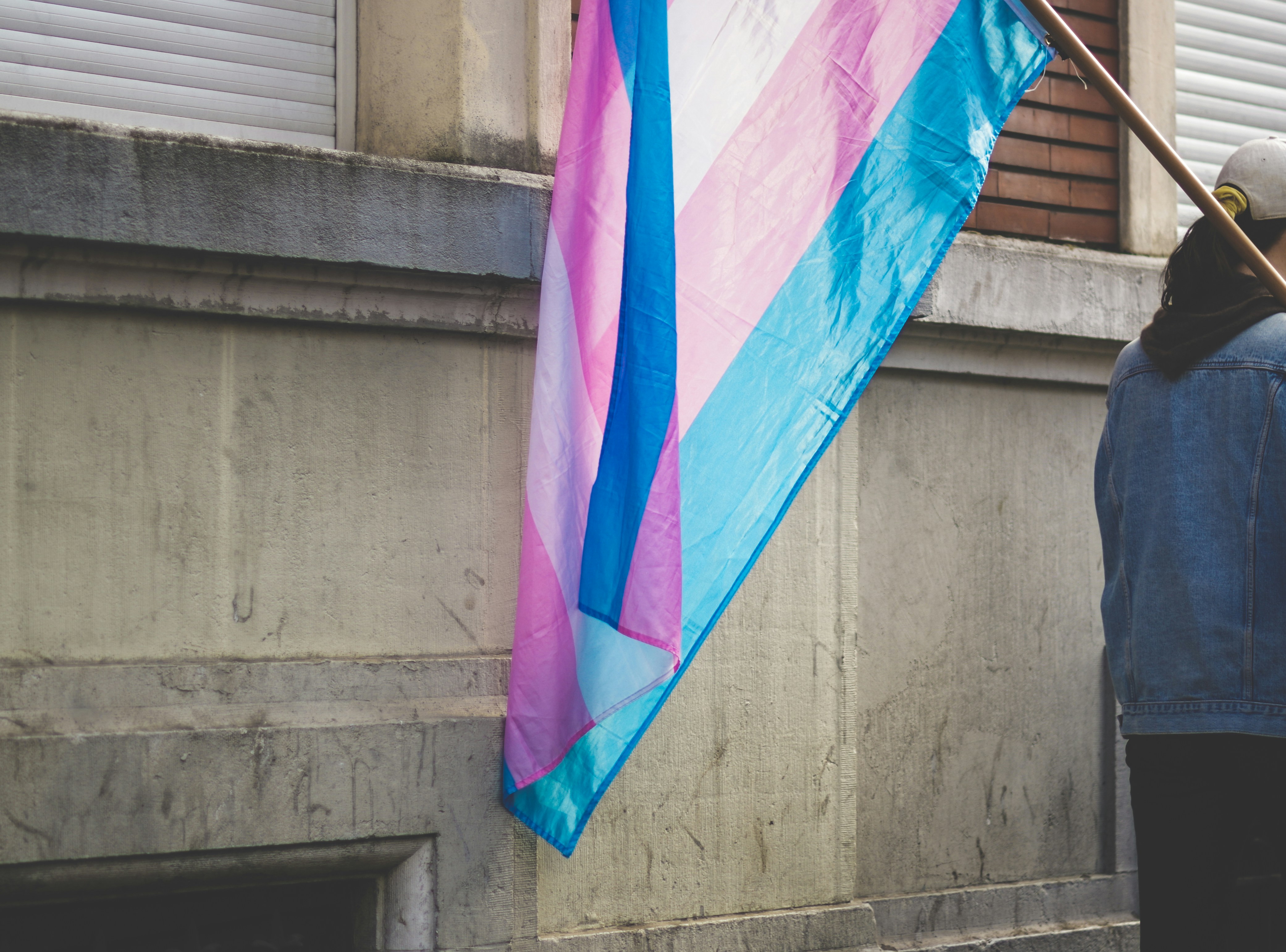Media release
From:
MJA SPECIAL ISSUE – Gender and health
In recognition of the important intersections between gender, health and wellbeing, the Medical Journal of Australia has dedicated a special issue to the topic of gender and health.
“The goal of this special issue is to provide a platform for research and analysis that engages with what gender means for Australian healthcare in a manner informed by evidence, scientific rigour, a quest for equity and justice and, fundamentally, respect for the rights, dignity, and perspectives of affected populations,” the MJA’s Senior Deputy Medical Editor Dr Elizabeth Zuccala wrote in an accompanying Editor’s choice article.
The content of this special issue covers diverse ground and includes articles addressing obstetric violence, access to abortion care, sex and gender responsive management of anxiety disorders, differences between men and women in the treatment and outcomes of ST-elevation myocardial infarction, and access to healthcare for transgender (trans) people.
Contemporary discussions on the relationship between gender and health are happening in the context of a global backlash against gender equality and diversity. Too often, these discussions lack meaningful involvement of affected patient groups. A research article by Jayne McFayden and colleagues to be published in this special issue highlights the value of patient voices for informing evidence-based care for trans young people.
More than 30 years ago, the MJA published a study describing the “inpatient treatment” of gender diverse behaviour in children.
“Gender-disordered children: does inpatient treatment help?” was published by the MJA in 1987. It followed the treatment of eight gender diverse children after they were admitted as inpatients to a psychiatric hospital in Western Australia for their “cross-gender” behaviour.
Seven children completed the treatment program and were seen regularly by their psychiatrist in the outpatient clinic for follow-up.
After an average of 18 weeks of inpatient treatment, the article concluded “the treatment of cross-gender behaviour seems effective”.
This research continues to be cited as evidence in arguments about young people’s access to gender affirming healthcare.
A trans woman, Jayne, reasonably believes on the basis of the evidence available to her that she was one of the children described in this 1987 article. Jayne and her co-authors have written a research article, to be published in the MJA, using data from archived mental health records, information from the original 1987 report, and Jayne’s account of her treatment and outcomes.
In their article, “An autoethnographic critique of a past report of inpatient psychiatric treatment for gender diverse children,” the authors conclude that, “contrary to ongoing representations of efficacy, “therapy” that aimed to change or suppress a gender diverse child served to delay self- acceptance for two decades and caused long-term harm”.
Jayne wanted to put her experiences on the record as she felt they contradicted the message of the original article.
“After reading the MJA report, I realised that my experience did not match what was in the report. I felt the need to set the record straight based on my recollections from the time and the details that are in my medical records that do not match the report,” Jayne said.
By publishing this account of her experience in a medical journal, Jayne is hoping attitudes toward gender identity are informed by patient voices.
“Hopefully other people will become aware of the misrepresentations in the MJA report and realise that it should not be used as a justification to suppress or change a person's gender identity.”
Jayne also hopes for change in Australian health care practice and policies so that others do not go through similar experiences.
“A lot of misinformation is being used to direct healthcare practices and policies to deny support to gender diverse young people. What I experienced was conversion therapy under the guise of psychotherapy and it is important that we do not subject others to this type of treatment.”
Prof Virginia Barbour, Editor in Chief of the MJA said: “Journals need to be open to publication of analyses and critiques of papers they have previously published. This new paper also comes at a time when the importance of the voices of patients in the care they received is increasingly recognised.”
“Genuine evidence-based medicine requires epistemic pluralism, including understanding the value of patient voices. This is where the work of Jayne and her colleagues becomes particularly important,” Dr Zuccala wrote.
“What constitutes the best care for trans young people should of course be up for debate, as is the case for all areas of medicine. It is the role of medical journals to ensure that this debate is rooted in humane values and is driven by evidence — of which the views of patients are an essential part.”
Please remember to credit The MJA.



 Australia; New Zealand; NSW; VIC; WA; ACT
Australia; New Zealand; NSW; VIC; WA; ACT



